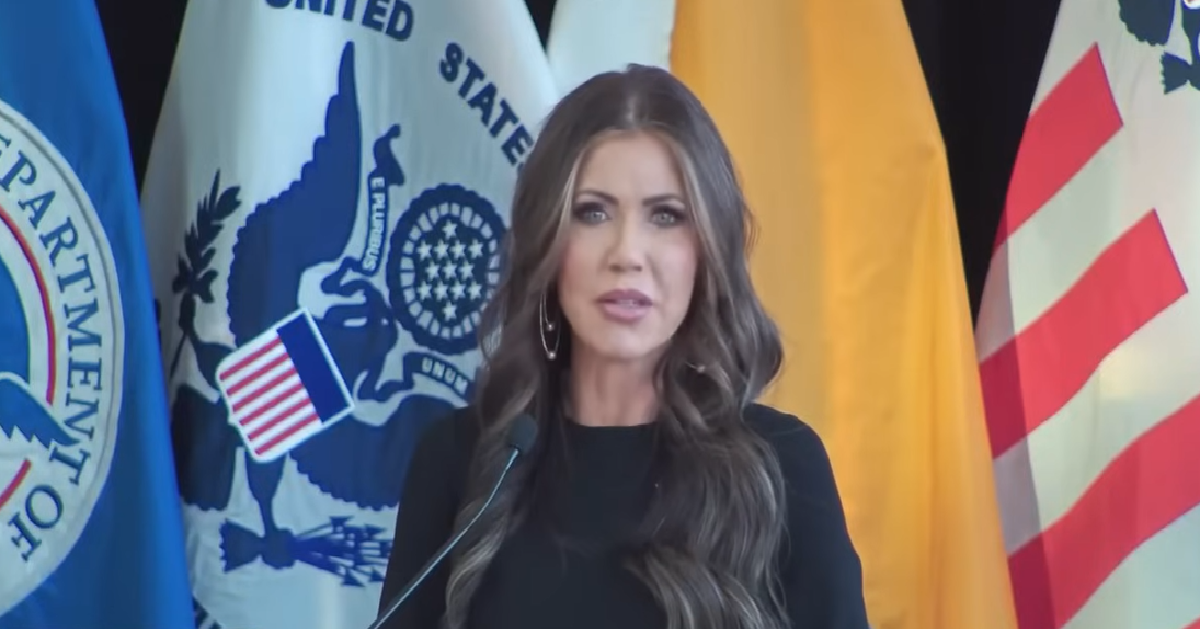Musk criticizes Peter Navarro’s tariffs stance
Trouble has broken out in Trump administration paradise as billionaire agency head Elon Musk clashes with President Donald Trump on tariffs.
According to recent reports, Musk is going head-to- head with Trump trade advisor Peter Navarro by calling for a zero-tariff deal with Europe in the face of freefalling stocks, as the New York Post reported.
Trump recently doubled down on his tariffs plan, issuing "kind reciprocal tariffs" for nations around the world.
This prompted a worldwide stock reaction, as markets reacted in revulsion at the increased price of importing products to the United States.
Market response
The Dow Jones Industrial Average, S&P 500, and Nasdaq, the three major stock exchanges in the United States, experienced a massive decline of over five percent in the days following the announcement.
This was the biggest decline for the stock in the United States since 2020, during the COVID-19 pandemic.
When asked about the tariffs in a Thursday interview with CNN, Peter Navarro, who served under the first Trump administration and is the administration's senior advisor for trade and manufacturing—defended them.
“The market will find a bottom. It will be soon, and from there, we’re going to have a bullish boom, and the Dow is going to hit 50,000 during Trump’s term,” Navarro said. As of Monday, the Dow Jones stood at 38,314 before the start of trading.
Musk Backlash
The announcement caused a ripple effect, but Musk, who heads the Trump Administration's Department of Government Efficiency, has publicly taken exception to the policy.
After an X user posted a clip of Navarro speaking to CNN and alluded to the adviser’s doctorate from Harvard University, Musk hit back on the platform, which he owns.
“A PhD in Econ from Harvard is a bad thing, not a good thing,” Musk posted.
Musk previously voiced his hopes for “a zero-tariff situation” between the U.S. and Europe, despite Trump's current 20% tariffs on the European Union.
More tariff details
Tariffs have been put on all goods, across the board, with a minimum of 10 percent duties on all countries, including the United Kingdom, Australia, Argentina, and Saudi Arabia.
Higher tariffs, which Trump refers to as "reciprocal tariffs," are set to be implemented against nations like India and China.






